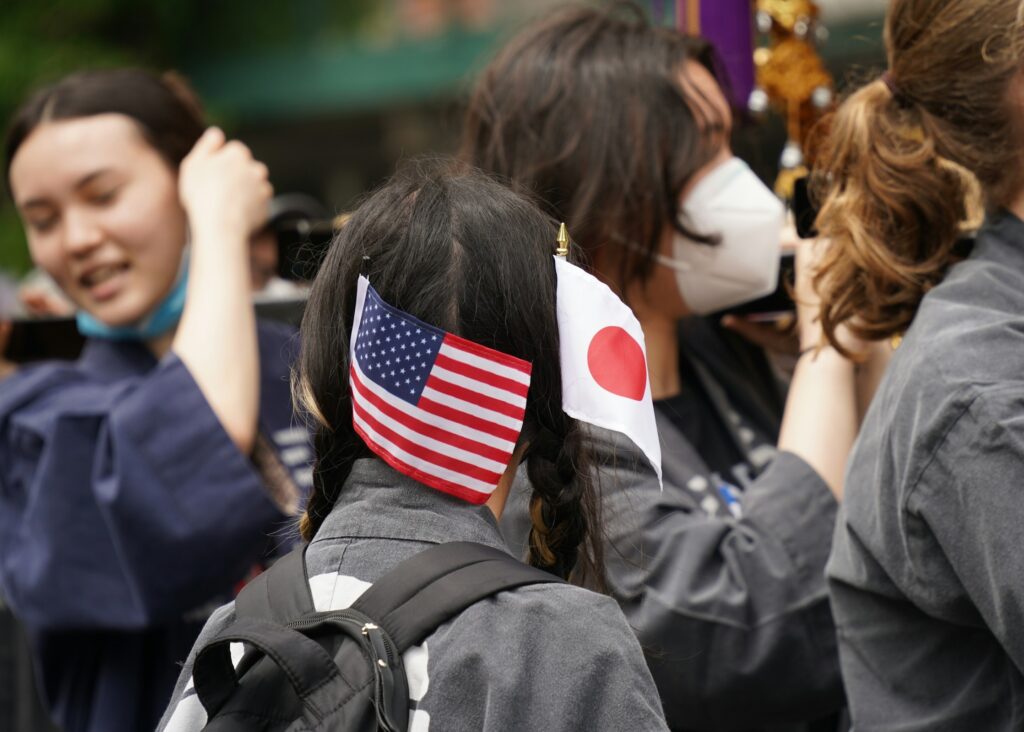The United States and Japan announced a series of new initiatives on AI, quantum computing, semiconductors, and other critical technologies.
The ambitious plan was announced by President Biden and Prime Minister Fumio Kishida this week following the latter's official visit to the White House.
The two leaders reaffirmed their commitment across a wide range of areas, including defense, climate, development, and humanitarian efforts, but stressed that new technology cooperation is at the center of the alliance's evolution into a comprehensive global partnership underpinned by innovation.
AI takes center stage
One of the highlights is a $110 million partnership between the University of Washington, University of Tsukuba, Carnegie Mellon University, and Keio University. Supported by leading technology companies and Japanese companies, including NVIDIA, Arm, Amazon, and Microsoft, the program aims to strengthen U.S. and Japanese leadership in cutting-edge AI research and development.
The United States and Japan also committed to assisting each other in establishing national AI safety laboratories and committed to future cooperation on interoperable AI safety standards, assessments, and risk management frameworks.
To mitigate AI risks, countries have pledged to ensure transparency from official government channels about content generated or manipulated by AI, and promised technical research and standardization efforts to identify and authenticate synthetic media.
A Breakthrough
Quantum technology has become a hot topic, with the US National Institute of Standards and Technology (NIST) partnering with Japan's National Institute of Advanced Industrial Science and Technology (AIST) to build a robust quantum supply chain.
A tripartite collaboration between the University of Chicago, the University of Tokyo, and Seoul National University was also announced with the aim of cultivating quantum talent and strengthening competitiveness.
The United States and Japan also welcomed a new commercial agreement in which Quantinium will provide quantum computing services to Japan's Riken Institute for $50 million over the next five years.
Several semiconductor initiatives were announced, including possible collaboration between Japan's Advanced Semiconductor Technology Center (LSTC) and the U.S.'s National Semiconductor Technology Center (NSC) and National Advanced Packaging Manufacturing Program (NATMP). The two countries committed to exploring joint semiconductor workforce development efforts through technical workshops.
Other commercial deals announced span a wide range of sectors, including cloud computing, communications, batteries, robotics, biotechnology, finance and transportation, highlighting the alliance's blend of public and private efforts.
Human Growth
Initiatives across STEM education exchanges, technology curricula, entrepreneurship programs and talent circulation efforts focused on developing human capital to drive the coming wave of digital innovation.
While technological innovation gets all the attention, expanding efforts to train, exchange, and develop innovators, researchers, and experts in these fields could be just as important. The United States and Japan appear determined to strategically develop and leverage their talent in lockstep with efforts to establish cutting-edge AI, quantum, chip, and other advanced technology capabilities.
Our two countries clearly recognize that building complementary ecosystems across critical technologies is essential to strengthening our competitiveness, economic prosperity, and national security in an era of increasing strategic competition.
(Photo by Thong Su)
reference: Microsoft AI opens London office to access “huge talent pool”

Want to learn more about AI and big data from industry leaders? Check out the AI & Big Data Expo in Amsterdam, California and London, a comprehensive event taking place alongside other major events like BlockX, Digital Transformation Week and Cyber Security & Cloud Expo.
Find out about upcoming enterprise technology events and webinars hosted by TechForge here.


